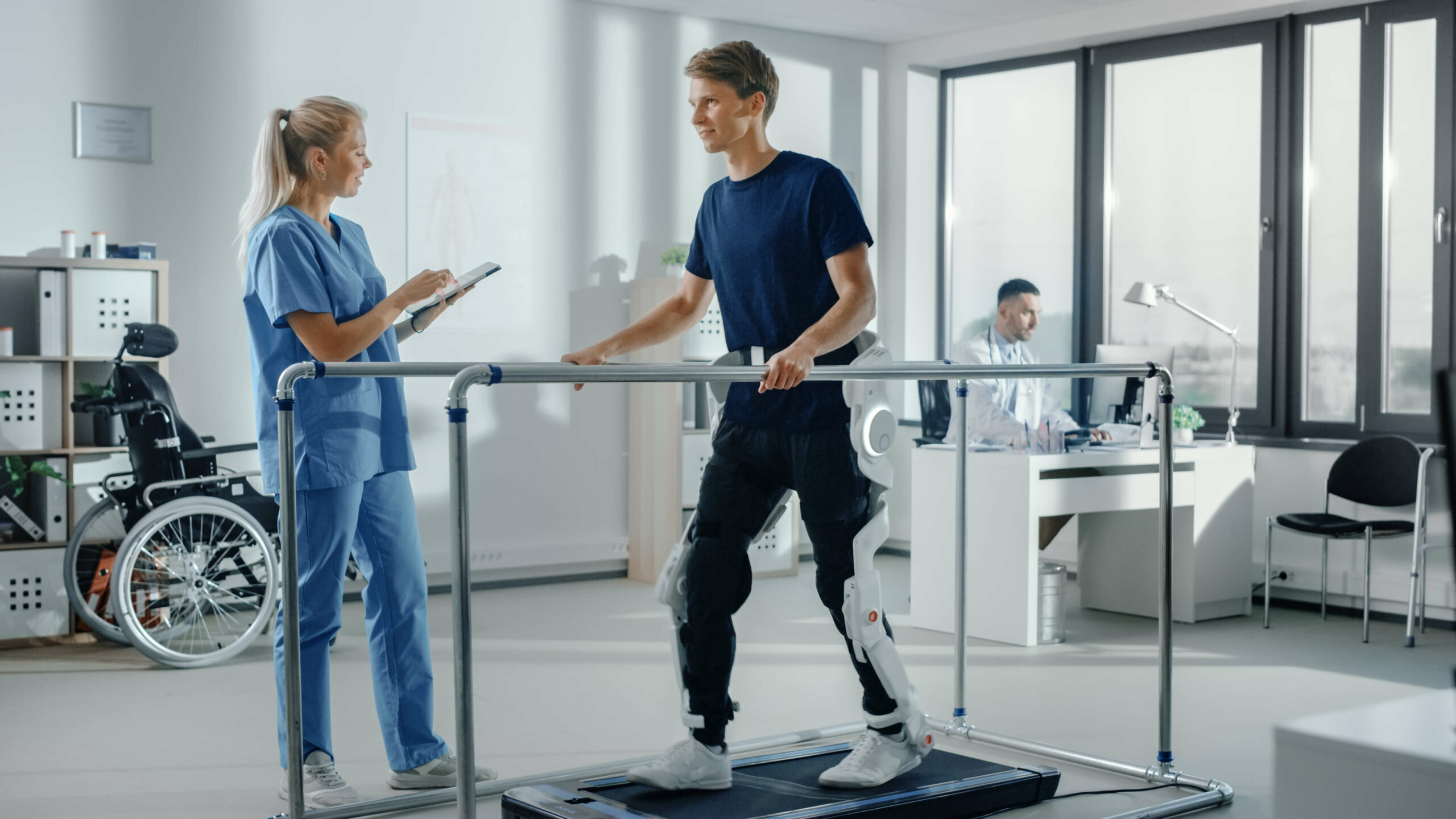Living models of body barriers and organs
Overall Course Objectives
High-quality live laboratory models of the human body’s organs and tissue barriers are increasingly needed in medicine, for example for faster drug development and accurate personalized medicine. Important examples are heart, liver, kidney and bone organs as well as biological barriers in the intestine and the brain. This course will introduce you to the biological and functional requirements of barrier and organ models, jointly termed tissue models, and will equip you with the engineering principles and skills to design, manufacture, characterize, and apply advanced laboratory (in vitro) models. The main focus will on engineering advanced 3D tissue models. 3D printing of soft materials has emerged as a key technology platform to achieve the required complexity for recreating key aspects of the biological functionality, and we will explore this platform in substantial detail.
Learning Objectives
- describe common biological properties to be matched in a tissue model.
- describe selected state-of-the-art technologies to engineer and characterize tissue models.
- describe the principles of state-of-the-art methods for 3D printing soft materials.
- discuss advantages and limitations of tissue models compared to simpler cell cultures or more complex animal models.
- assess the potential for improving tissue models by using 3D printing.
- analyze the physical, (bio-)chemical, and mechanical requirements of a tissue model for a given bioanalytical application.
- evaluate the feasibility of technical solution for tissue modeling, including biological accuracy, reproducibility, and scalability.
- assess and report on the pros and cons of a technical solution to tissue modeling.
Course Content
In the first part, we will introduce the requirements and functions of body barrier and organ tissue. Physiological requirements include nutrient supply, extracellular ultrastructure, mechanical properties, and cellular signaling. Functional properties may include signaling, controlled mass transport, and tissue contractility, depending on the type of tissue.
The second part will cover key technologies to recapitulate the requirements and functions in vitro. This includes design principles and technologies for fluid handling, microfabrication, and materials engineering, as well as validating the critical biological properties of the engineered tissues.
In the third and last part of the course, we will explore and demonstrate several 3D printing methods for engineering complex tissue models including working principles, possibilities, and limitations.
Recommended prerequisites
Basic cell biology (e.g. KU011 or 27002)
Teaching Method
4 hours per week. Problem-based activities, lectures, classroom discussions, exercises.



